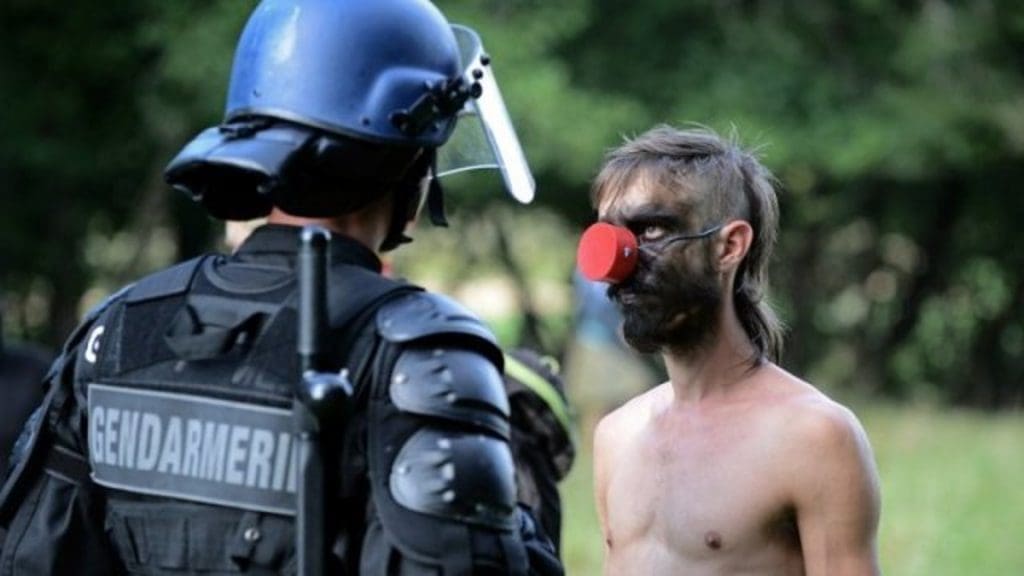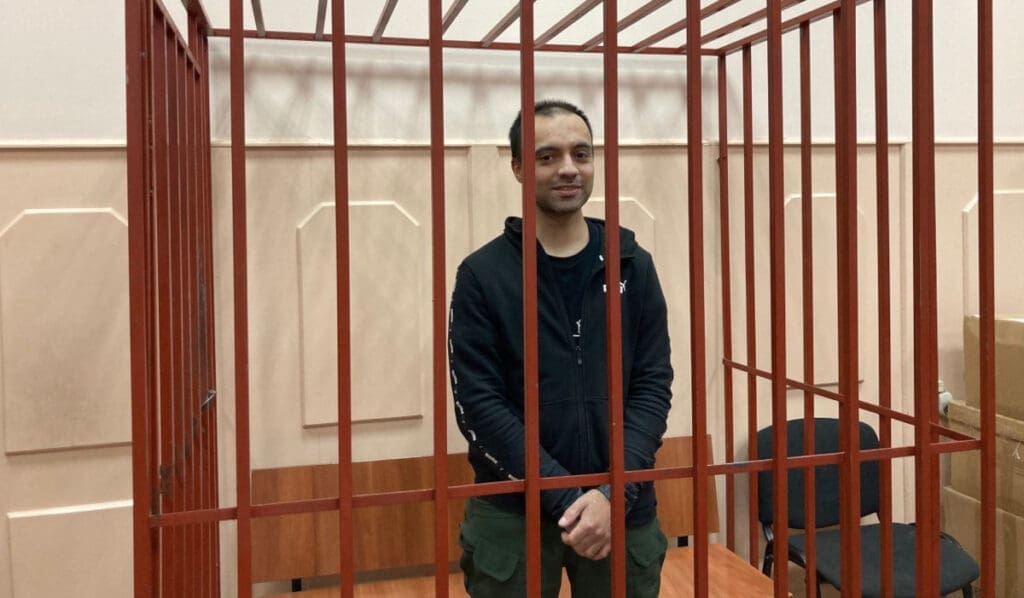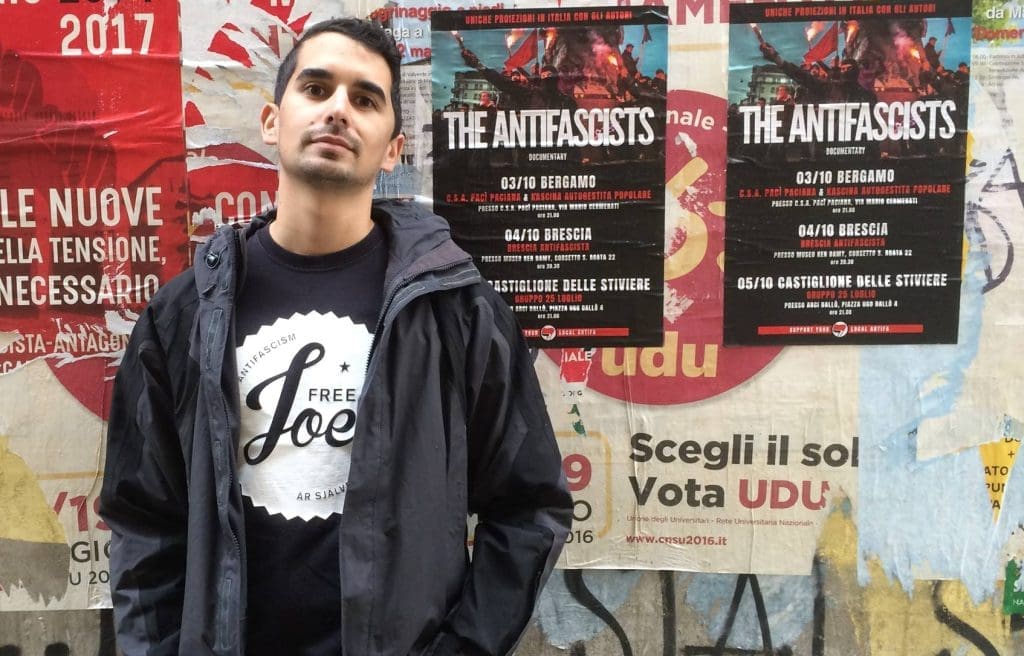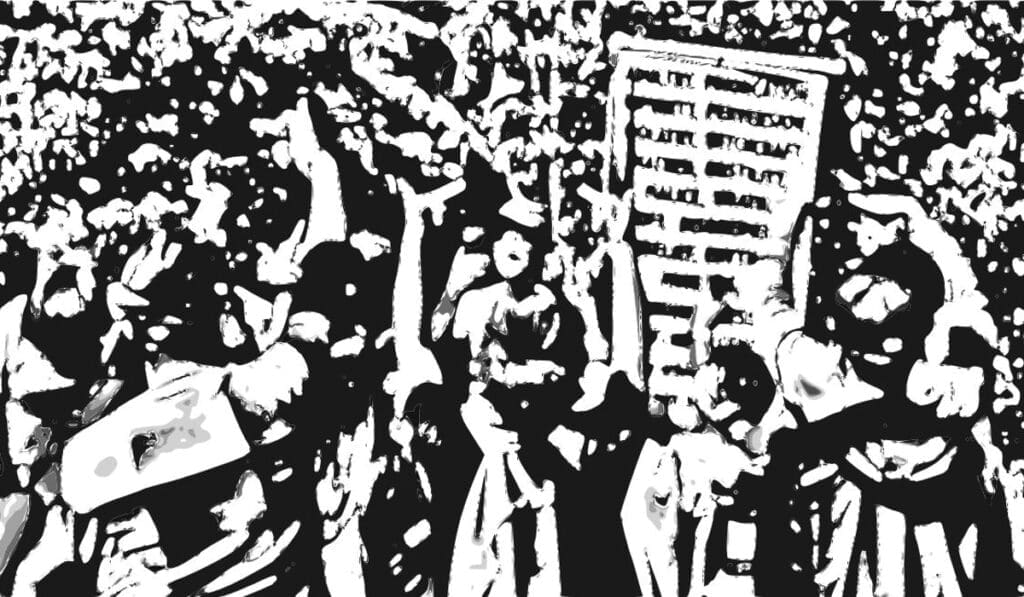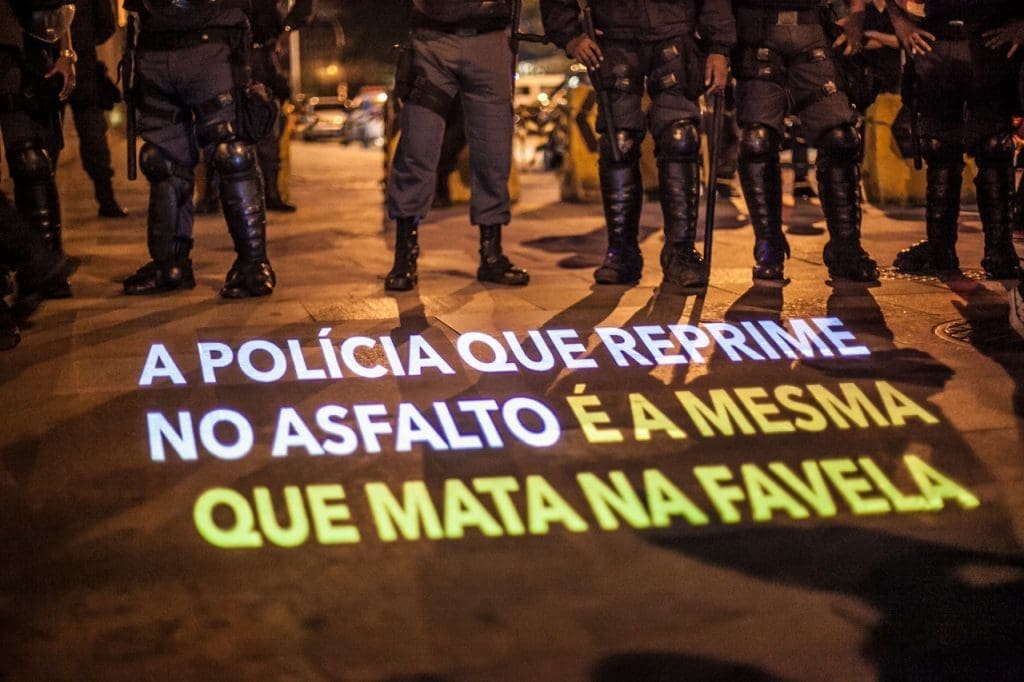Antinote: the following text, published first in French, was translated into German for the now inaccessible website ContraInfo in 2014. Antidote republished the German version at the time, with the intention of presenting a corresponding English version immediately. Better late than never?
Certainly. This translation, slim an offering though it may be, is dedicated to the memory of Tortuguita, who was murdered in January 2023 by Georgia State Patrol while defending the Weelaunee Forest in Atlanta from destruction by cops and capitalists.
Rémi Fraisse was a young French botanist and environmental activist who was killed by a police grenade while demonstrating against a dam development in October 2014. Over a month of riots followed, nationwide. A week into the unrest, the brother of a previous victim of police violence in France wrote Rémi’s grieving mother a moving, defiant letter of sympathy and solidarity, in response to public statements she had made.
We will continue to fight the forces of death with life. We never forgive and never forget!
Open Letter to the Mother of Rémi Fraisse
by Farid El Yamni, published on Paris-Luttes.info (original post in French)
3 November 2014 (deutsche Übersetzung via Antidote)
I am writing you at a time when violent protests in Paris are condemned and peaceful sit-ins are praised.
I lost my brother under circumstances similar to those in which you lost your son. My brother, who was taking such good care of our mother, was taken from us and he isn’t coming back. The loss of my brother caused me immense pain, which I feel every time the state kills again. “But where the danger is, the saving power also grows,” someone once said [Friedrich Hölderlin]. Every time the state kills, it is also an opportunity to stop it, to force it to change, and give everyone back their lost dignity.
Rémi’s death is connected to much more than the story of one life; it is connected to all our lives, individually and collectively. The criminalization that has followed is awful—it was the same with us. Later I realized that this was intentional. I only wanted one thing: that the justice system find the truth and give my brother the dignity and peace that he deserves, and that this whole episode do everyone some good: us, the governed, that we may love one another better; and also the police, that they may reconcile with the people. I thought the police would never accept a murderer among their ranks—I didn’t know any better then. I was mistaken. Entire neighborhoods burned, and we called for peace. Every burned car and dumpster felt like an insult, like a thorn in the heart, plunging deeper and deeper.
Time passed. We were promised the truth, but were offered nothing but lies, nothing but more false promises, like so many before us. People warned us, but we didn’t want to believe them. François Hollande took my mother in his arms, most intimately, and promised he would help us investigate the death of her son. Without justice or truth, we experienced this time like a prison sentence. This whole time, we were in prison, suffocating, and appealing to the justice system for help.
And then we realized that our case was not isolated. So many other families have experienced and are still experiencing the same thing. There are so many humiliations and mutilations committed by the police and covered up by the justice system. So many!
We also discovered how the police think: it sends a shiver down your spine. Here is one example: last Wednesday after the demonstration in Paris, when a police officer at the station saw what was printed on my shirt—Emergency! Police Kill—he got chuckles from his colleagues by saying “Score: one to nothing.” No one said anything to him. No one. Because of examples like this, more and more people have less and less tolerance for the police, and wish to see an end to it.
I understand the appeal for peace. We did the same thing. You must also understand, though, that many people no longer believe in this system that grants police de facto impunity. You must understand that nonviolence is only conceivable if you think your opponent capable of self-reflection. They are not humanly capable of this, because they think that calling police into question means calling the state into question. For forty years, the police have been killing again and again with no consequences. For forty years we have witnessed the same methods used to clear the state of murder, despite the videos, testimonies, and hard evidence. For forty years there have been sit-ins, demonstrations, books written, and official declarations made by the police, declarations directed to the interior minister. For forty years, all of this has brought us nothing.
This is how it goes: the newswire AFP delivers the Top Story, the state’s attorney’s office lies, a specious investigation is launched, which ultimately leads to either a ridiculous judgment or no judgment at all, after many years. The worst is that those who cover up the whole affair get promoted and those who murder our brothers, our sons, and our friends are celebrated by their colleagues as heroes. This is the reality you face, now, as well.
[French prime minister] Manuel Valls said that violence is an insult to the memory of Rémi, but you must know that Manuel Valls, by his utter inaction in combating police impunity, is the primary murderer of your son. He is not simply a criminal, but a repeat offender: a week before the release of my brother’s falsified autopsy results (about the provenance of which he was well informed), he came to Clermont-Ferrand and spoke about the case with the intention only of condemning the violence of anyone who might revolt against the killing of my brother.
Madame, people are fighting for Rémi, for their dignity, and for their ideals. They are fighting for you, for all of us, for a genuine brotherliness. Those who fight are familiar enough with the malice of those who govern us to understand that they are trying to convince us we live in a civil society with rule of law when we actually live in a state based on coercion. The state does not respect the very laws it requires us to obey. It plays with our bodies, our trust, our money, and our dignity. It demands that we kneel before it, and this is a categorical imperative.
I wrote this letter to let you and anyone who reads it know that today I understand better than ever that nonviolence, in the face of state criminality, has its limits. Because by its powerlessness, nonviolence is even more despicable, more deadly than violence itself. Those who govern us are malicious intruders, sadists, and repeat offenders. They should be chased out by any means necessary.
Farid El Yamni is the brother of Wissam El Yamni, who was killed by police in Clermont-Ferrand on 1 January 2012.
Translated by Antidote

